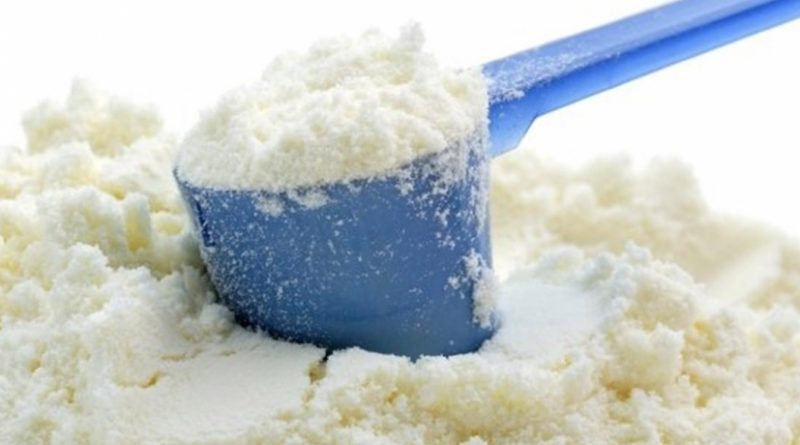No milk price increase right now: Finance Ministry
LNP : Both the Ministry of Finance and the Consumer Affairs Authority (CAA) confirmed to The Sunday Morning Business that there are no plans to increase the prices of imported milk powder at the moment.
The query was made by us from the CAA and the Ministry of Finance as milk powder importers told The Sunday Morning Business two weeks ago that they made a request of the CAA via a price increasing application to increase the price of imported milk powder.
When contacted, CAA Chairman Major General (Rerd.) D.M. Shantha Dissanayake told us that the CAA has not received any requests from milk powder importers on this matter.
“Even if we receive requests from them to increase the prices, it is the Ministry of Finance that looks into imported milk powder prices,” Dissanayake stated.
For further clarification on the matter, we spoke to Director General of the Department of Trade and Investment Policy at the Ministry of Finance K.A. Vimalenthiraraja, who told us that his Department has not received any such requests nor has the CAA had any discussions with the Ministry of Finance regarding the matter.
“Early this year, there were some requests from milk powder importers to increase the prices, but it went down after some time. As of now, we have not received any formal request from them asking to increase prices,” Vimalenthirarajah added.
As reported by The Sunday Morning Business last Sunday (21), milk importers said they have sent a price increasing application to the CAA about a month ago and that they have requested to increase the price of a kilogramme of imported milk powder by Rs. 60-70. However, the request has not yet received any positive response from the Government.
Since the request has not received any response from the CAA either, milk powder importers told that they were planning to have a meeting with the CAA last week to discuss matters pertaining to the prices of imported milk powder and arrive at a mutual agreement.
The request for an increase, according to sources, was made mainly due to the increase of the dollar value, even though Covid-19 has not caused any significant impact to their businesses. The Sri Lankan rupee depreciated at a dramatic rate, especially since March this year.
It is notable that the increase in local milk powder prices, which are usually less than imported milk powder prices, on 1 May brought their prices on a par with the prices of imported milk powder.
The industry was also requesting the Government to introduce a proper scientific mechanism or pricing formula for imported milk powder to reflect the global milk powder prices locally as well as to ensure periodic revisions without the intervention or requests from the industry to do so.
Furthermore, industry stakeholders believe that the prices of imported milk powder should be increased by a minimum of 5% every year and noted that the industry is not in favour of having price controls for imported milk powder.
The last revision in imported milk powder prices was made in December last year where the price of a 1 kg pack of imported milk powder was reduced by Rs. 40 while the price of a 400 g packet was reduced by Rs. 15. This revision was made to reflect the reduction of the Value-Added Tax (VAT) and the National Building Tax (NBT) announced by President Gotabaya Rajapaksa in November.
The last time imported milk prices were increased was in September by the former Government and it was made under a milk pricing formula. In September 2019, the price of a 1 kg pack of imported milk powder was increased by Rs. 50 and the price of a 400 g packet was increased by Rs. 20.
Industry sources noted that the milk powder pricing formula that was in use at that point was a trial formula for a period of one year and it is no longer in use, adding that it was anyway complicated and there was a need for a simpler formula. Even though the new Government has not been seen to be implementing the formula periodically, it is still unclear whether they have given up on it or not.

